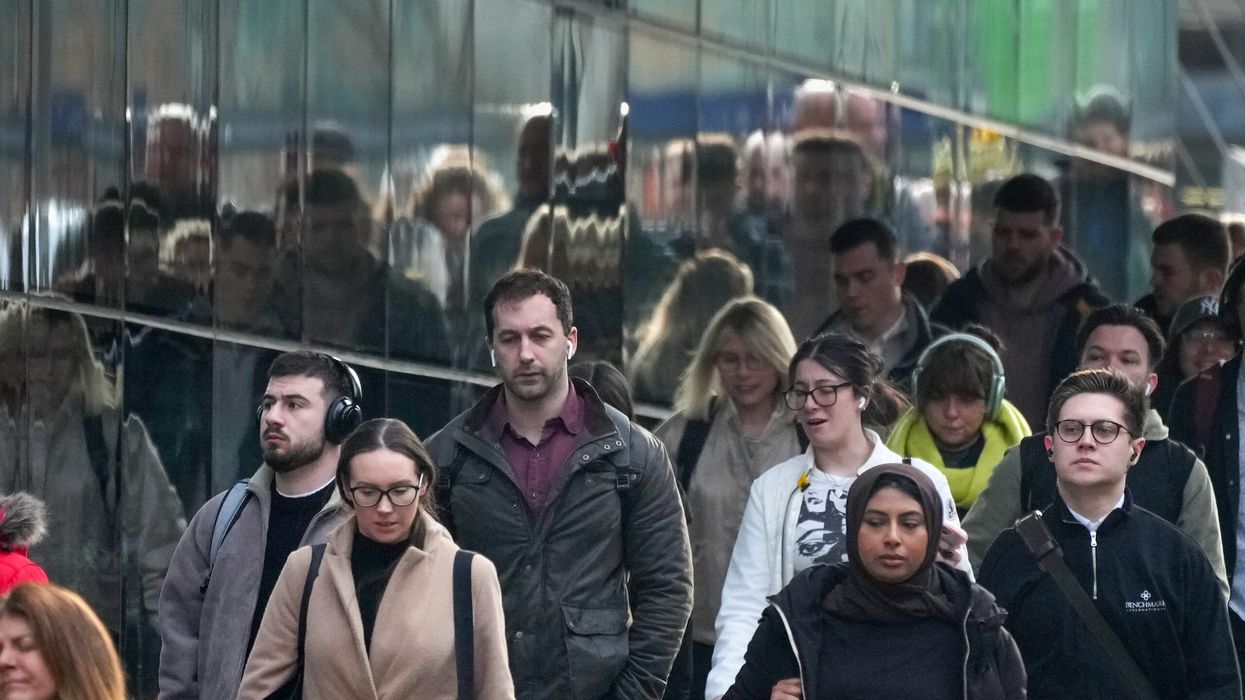BRITAIN’S labour market showed more signs of cooling in April as the unemployment rate rose, an awkward development for prime minister Rishi Sunak ahead of the July 4 election, despite another month of robust wage growth.
The jobless rate for the three months to April rose to 4.4 per cent from 4.3 per cent between January and March, the highest reading since the three months to September 2021, the Office for National Statistics said on Tuesday (11).
The number of employed people has fallen by 207,000 since the end of December 2023, while unemployment has increased by 190,000, the data showed.
“This month’s figures continue to show signs that the labour market may be cooling, with the number of vacancies still falling and unemployment rising, though earnings growth remains relatively strong,” the ONS said.
“The last parliament has been dismal for employment, and today’s figures are the worst since the pandemic,” said Tony Wilson, director of the non-partisan Institute for Employment Studies.
Sunak, whose pitch to voters rests on improving economy under his management, can at least point to a robust increase in wages, adjusting for inflation.
Average weekly earnings excluding bonuses, and adjusted for the consumer price index, rose 2.3 per cent in the three months to April compared with a year ago – the strongest such reading in nearly three years.
Britain’s inactivity rate – measuring people not in work and not looking for employment – rose to 22.3 per cent, its highest since mid-2015, highlighting what the Bank of England sees as a source of inflation in the labour market.
The number of inactive workers due to long-term sickness rose to a new record high of 2.3 million.
Wage growth data, a key gauge of inflation pressure for the Bank of England which is due to make its next policy announcement on June 20, remained hot.
Nominal average weekly earnings excluding bonuses grew by six per cent in the three months to the end of April compared with the same period a year earlier.
Wage growth in the private sector – also watched closely by the BoE as a gauge of domestic inflation pressure – cooled to 5.8 per cent from 5.9 per cent in the three months to April.
“The stickiness of wage growth in April will be a lingering concern for the BoE,” noted Ruth Gregory, deputy chief UK economist at research consultancy Capital Economics. “But with employment falling sharply and the unemployment rate climbing, we think wage growth will soon be back on a firm downward path.”
Investors do not fully price a first quarter-point rate cut by the BoE before November.
The ONS is still reworking its Labour Force Survey that measures unemployment, employment and inactivity, and repeated that Tuesday’s figures should be viewed along with other gauges of the labour market, rather than as a definitive measure.
The BoE last month held its main interest rate at a 16-year high of 5.25 per cent, but hinted at a summer reduction as UK inflation cools further.
It will announce its latest interest rate decision next Thursday (20), with May inflation data due the day before.(Agencies)












